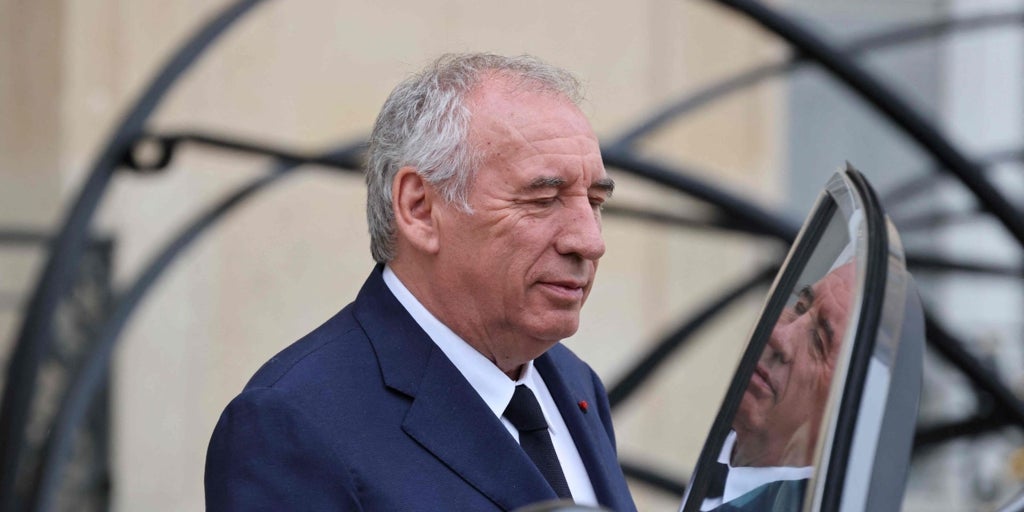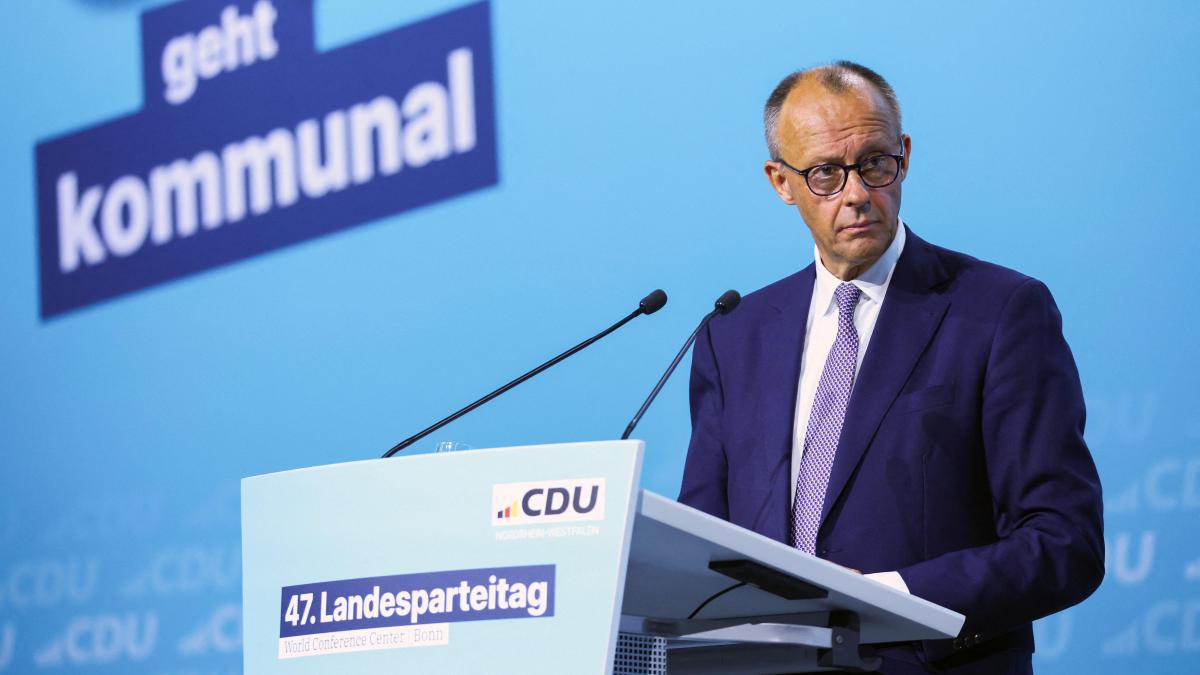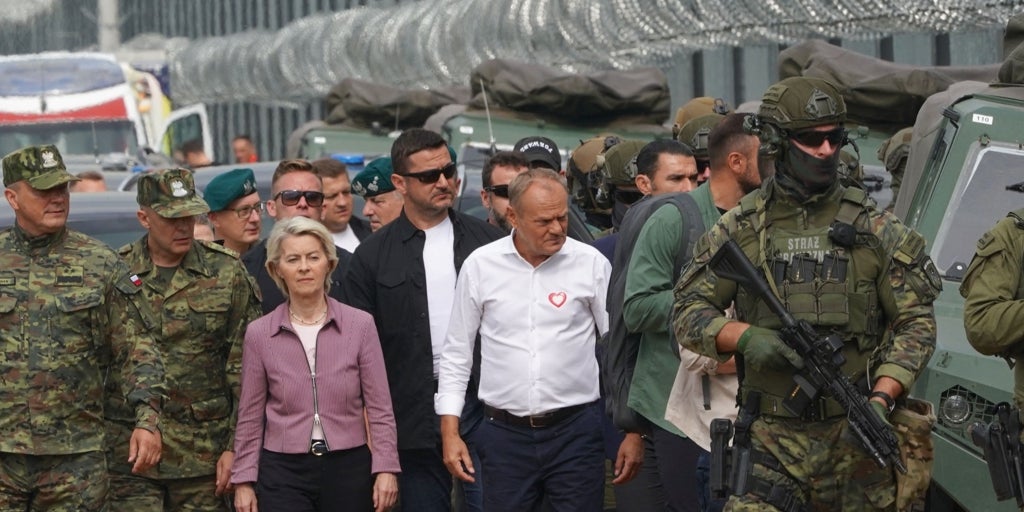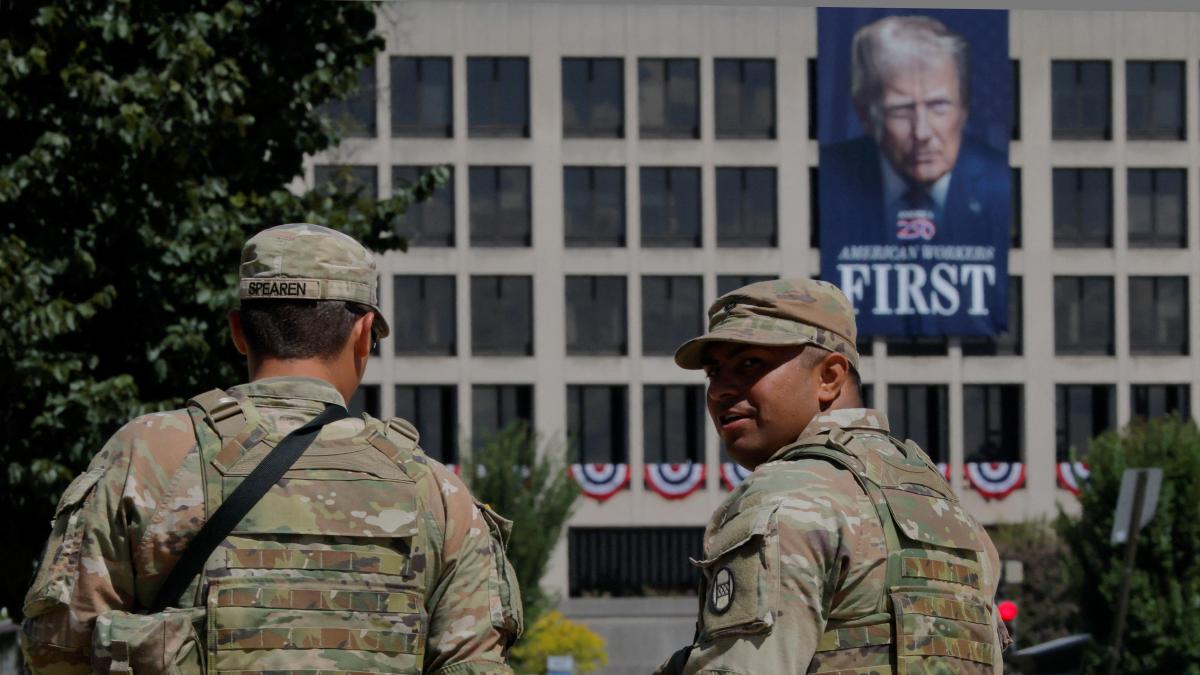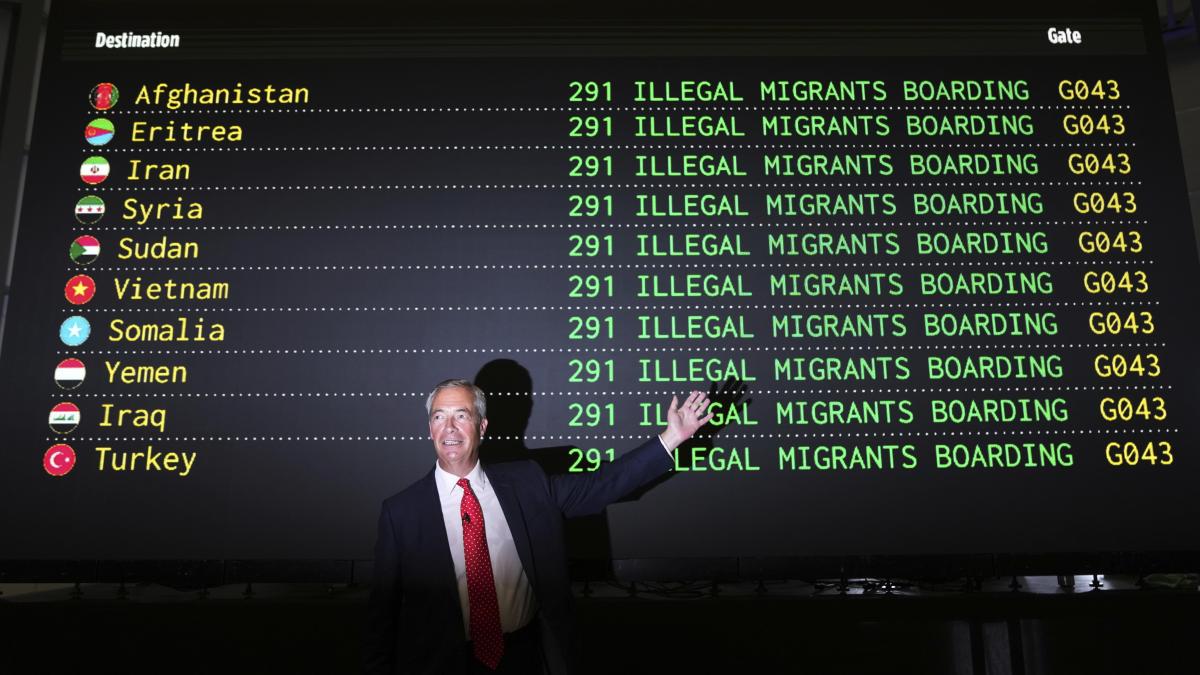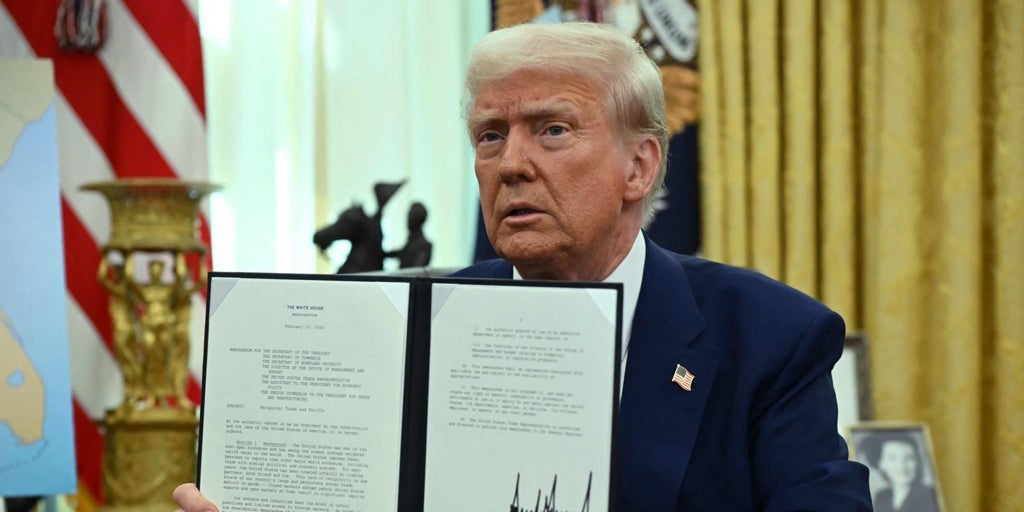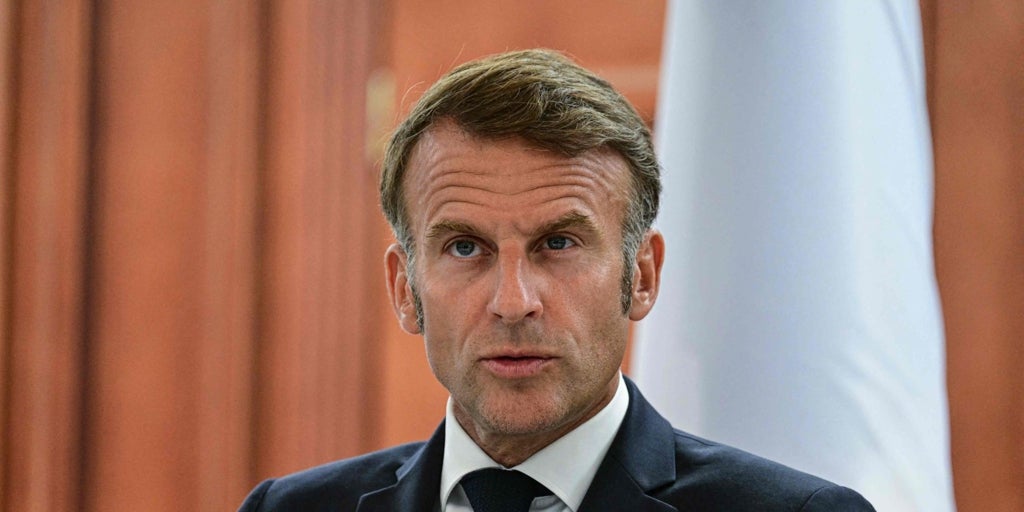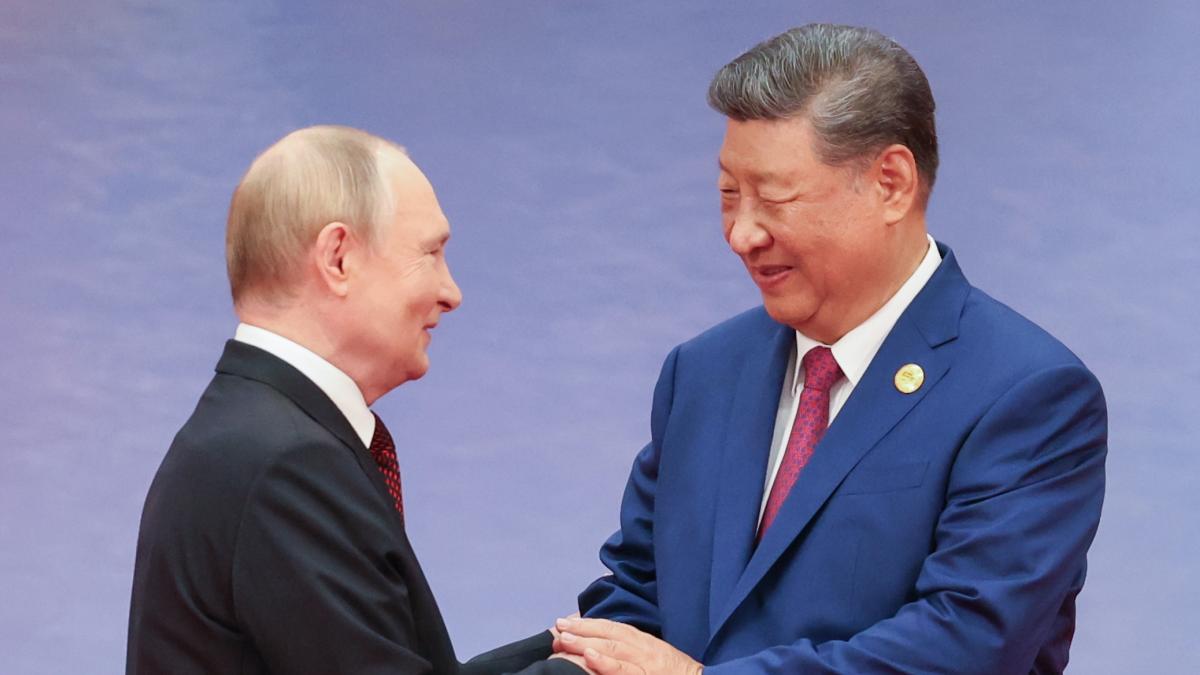Zelensky’s Pledge to Reshape Military Personnel Management in His Resilience Strategy
Amidst the ongoing turmoil stemming from the Russian invasion of Ukraine, President Volodymyr Zelensky has unveiled an ambitious ten-point roadmap aimed at stabilizing the internal affairs of Ukraine, notably a bold reform in military personnel management. As he addresses the Ukrainian parliament, the essence of this plan reflects a staunch commitment to reclaiming lost territories while ensuring the integrity and efficacy of military operations.
The Ten-Point Resilience Plan: A Response to Crisis
During a press conference commemorating the significant 1,000th anniversary of large-scale war in Ukraine, Zelensky articulated the need for a structured response—his Resilience Plan. This document outlines strategic objectives to bolster Ukraine’s defense and governance. Central to this reform are crucial adjustments in military personnel management, which aim to streamline recruitment, enhance training protocols, and respond effectively to the unpredictable demands of modern warfare.
Understanding the Need for Military Reform
The backdrop of this announcement is a country battered by years of conflict—one that currently grapples with managing a volunteer military force amidst conscription challenges, training deficits, and logistical nightmares. As military engagements become prolonged, the importance of a sustainable and responsive internal military structure has never been more urgent.
Data indicates that since the onset of the war, Ukraine’s armed forces have grown exponentially, requiring an organizational overhaul to ensure cohesion and effectiveness. Early reports suggest that the force is now over 400,000 strong, but sustaining such a capacity necessitates an overhaul in personnel management. Zelensky’s plan seeks to address these challenges head-on, reinforcing a military structure capable of both defending and liberating territories.
Resistance and Repercussions: The Political Landscape
While the resilience plan has garnered some support among the populace, Zelensky faces skepticism from political rivals who question the practicality and timeline of such ambitious reforms. The opposition’s argument is rooted in a narrative familiar to many struggling nations: can any government effectively manage both leadership reform and military urgency?
Historical context suggests that military reform in times of crisis often leads to political upheaval, an aspect that Zelensky’s administration must navigate carefully. Moreover, with the next presidential elections hanging in the balance due to the ongoing war, every decision will be scrutinized for its efficacy and popularity.
However, a significant majority of Ukrainians remain resolute. Survey data emphasizes that over 70% of the population supports military reforms that stress accountability and efficiency—elements Zelensky’s Resilience Plan explicitly aims to deliver.
International Implications
The Resilience Plan isn’t just a matter of internal policies; its ramifications extend into the international arena. The West, which has overwhelmingly supported Ukraine with billions in aid, continues to monitor these developments closely. Zelensky’s reforms could potentially impact NATO’s strategic planning regarding support for Ukraine, strengthening alliances based on the effective utilization of international military aid.
As of November 2023, various nations have pledged over $118 billion specifically for military aid, including logistical support, training initiatives, and the provision of arms. International stakeholders are particularly interested in how these resources will be amalgamated with domestic reforms suggested by the Resilience Plan.
Conclusion: A Path Forward Amidst Strife
Zelensky’s Resilience Plan stands as a testament to hope amidst chaos—a hope empowered by the very people it represents. As he iterates his vision for a robust military structure capable of facing adversities, it echoes a crucial sentiment: a nation united in purpose can withstand the onslaught of any entity that seeks its disintegration.
Ukraine’s path ahead may indeed be fraught with challenges, but beneath the rubble of conflict lies an opportunity for renewal. Strengthening the military personnel management under Zelensky’s Resilience Plan could mark the foundation of a stronger, more resilient Ukraine—one that thrives in the face of adversity and emerges ready to reclaim its future.


